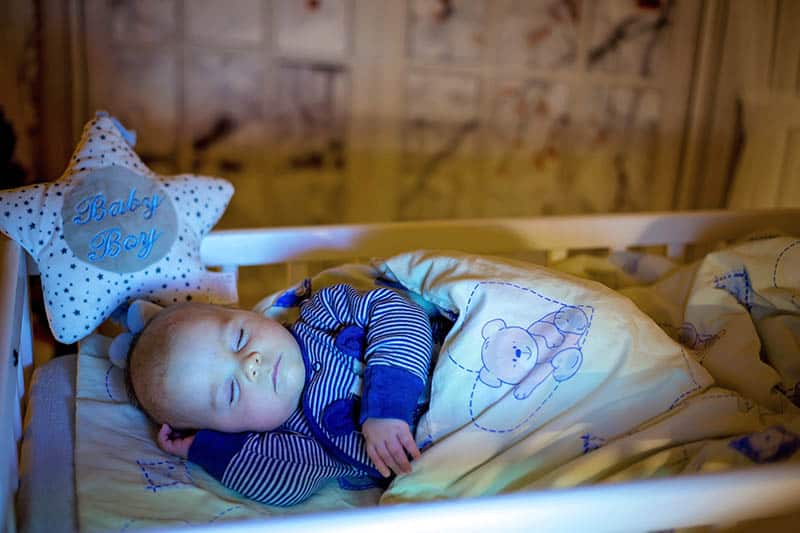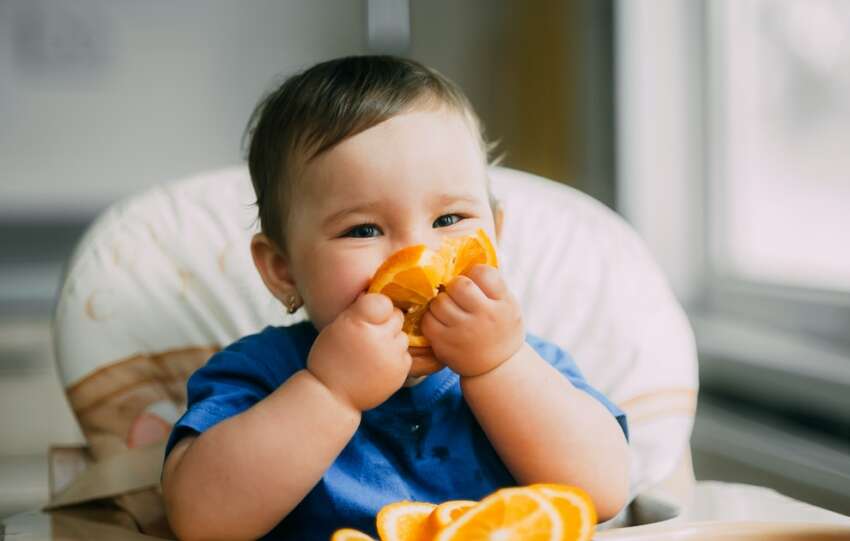Have you ever smelt a foul smell out of your baby’s mouth? If yes, you should consider it and take immediate action. A bad smell from the mouth may be the reason for intake of harmful objects or food inconsistencies. Usually, the baby bad breath teething is uncommon. It is found rarely among newborns, teething babies, and toddlers. However, if your baby has bad breath teething, it is better to treat it immediately. It will improve kids’ health as well.
Causes Of Baby Smelly Breath Teething
Adults are often worried about smelly teething. Foreign objects and food particles in a baby’s mouth can lead to several tooth issues. We have pinpointed some points that can better guide you about the toddler’s teething with bad smell.
Excess Milk
People often consider that baby teething causes bad breath. It is just a misconception. However, mothers whose babies are habitual of drinking excess milk, suffer from unwanted smells from the mouth. The particles of milk make a layer on the tongue. In addition, kids require mouth washing after getting food and milk.
Sugar Intake
If your baby has bad breath teething, high amounts of sugar intake can be another reason. Foods containing sugars like candies and chocolates for teething babies are highly risky and destroy the kids’ oral health.
Toys And Teether
Pacifiers that kids use to bite with new teeth are often thrown into mud or untidy floors. In addition, kids love to keep every toy and attractive object in their mouths.
Dry Mouth
Lack of saliva in the mouth reduces the capability to fight against fungus and bacteria. A dry mouth can be the result of a sour mouth, tooth decay, or intake of any medication. After the recovery from fever or any infection, you can find the baby’s mouth dry.
Tooth Decay
When a tooth decays, it causes an excess of bad breath out of a baby’s mouth. Tooth decay happens when essential oral care practices are ignored. Never let your child sleep immediately after having food or milk.
Constant intake of medications and infections also causes bad breath.
Treatment For Bad Breath Among Babies
Treatment for bad breath is easier. It requires constant care and precautions. Have a look at some of the treatments that are essential to avoid stinking smell teething:
- Keep great care of the baby’s hygiene. Keep washing hands, feet, toys, and pacifiers constantly.
- Brush your baby’s teeth with a soft bristled brush even baby bad breath 1-year-old teething.
- Wipe the baby’s tongue with the back of a soft baby brush. You can also use a clean cloth to remove the residues of milk and other food particles on the tongue.
- Provide food low in starch and sugar to your toddlers. Bacteria start growing on the leftovers of sugar-based foods. Food with high starch and sugar can also lead to food decay. So, avoiding such foods will keep your baby healthy and smiling.
Is Bad Breath A Sign Of Teething In Babies?
Surely not. Teething does not cause a foul smell in the baby’s mouth. There is no evidence available in favor of this fact. As described earlier, signs of bad breath appear rarely among kids. However, other reasons may lead to the baby’s breath smells bad teething. Poor hygienic conditions, non-sterilized or washed toys and pacifiers, and tooth decay are the common reasons for bad breath among babies.
Should The Baby Visit A Pediatrician Immediately?
Foul smell is not a disorder. However, you can visit a pediatrician for the betterment of the baby’s teeth. Check your teething child to the doctor immediately to get strong and decay-free teeth.
Wrap Up
Baby bad breath teething can be irritating. Sometimes, it may be dangerous when a baby’s mouth gives off a bad smell due to tooth decay. It is the time to take precautionary measures and consult a pediatrician immediately. Decay in one tooth can deteriorate the teething process and cause decay in remaining or new teeth as well.
If you have observed a foul or unwanted smell from the baby’s mouth, it can be temporary due to inconsistent feeding habits. If the smell persists, it is better to explore the reason and consult the pediatrician.





